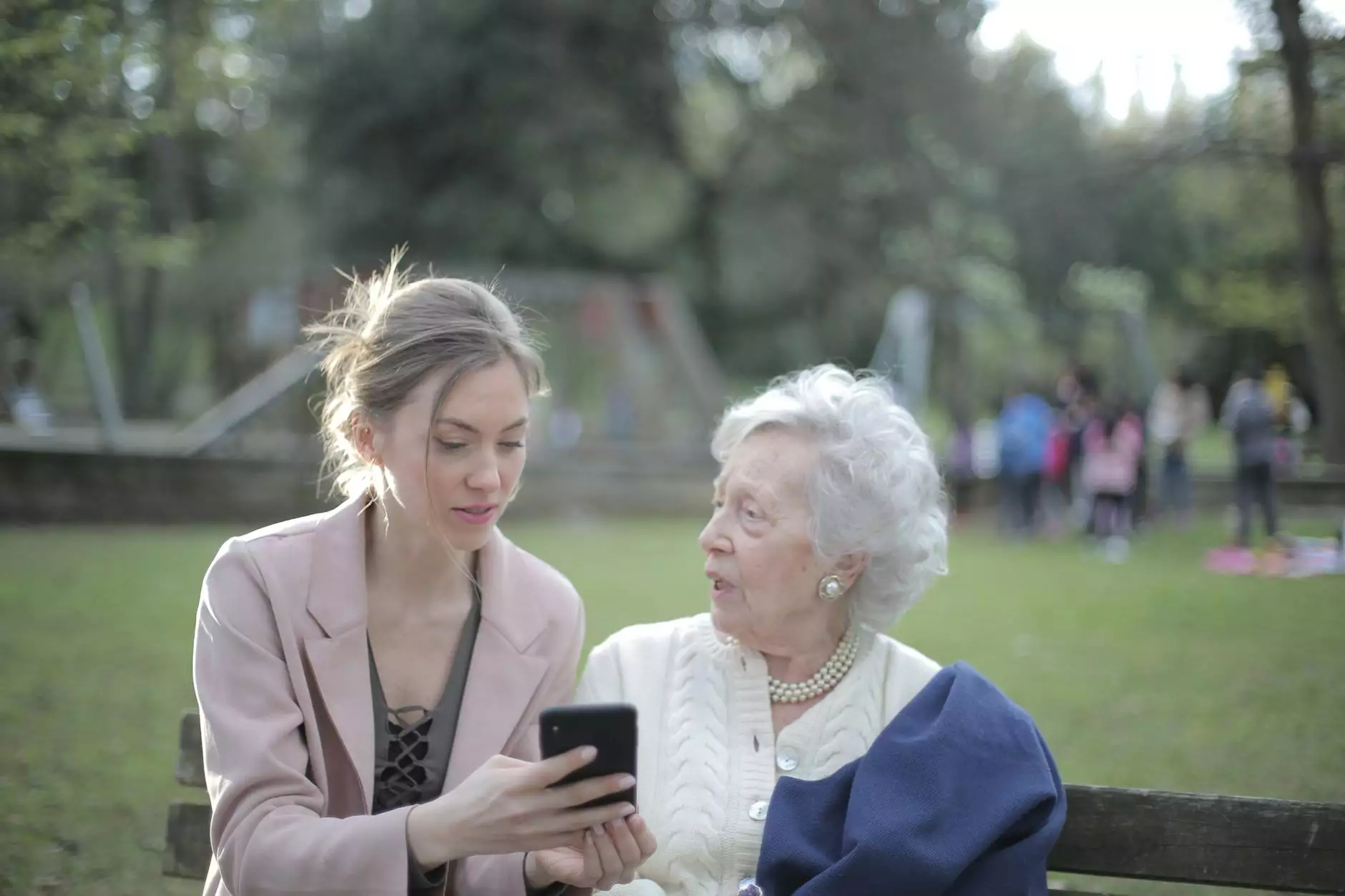Warning Signs of Isolation in Seniors: What Do I Do Now?
Health and Wellness
The Importance of Recognizing Isolation in Seniors
As our loved ones age, it's crucial for us to remain vigilant and attentive to their emotional well-being. Isolation among seniors is an issue that often goes unnoticed, yet it can have detrimental effects on their overall health and quality of life. By understanding the warning signs of isolation and taking appropriate action, we can help ensure a happier and healthier life for our senior family members.
Recognizing Warning Signs
Isolation in seniors can manifest in various ways. It's important to be aware of the warning signs so that we can address them promptly. Some common indicators of isolation in seniors include:
- Withdrawal from Social Activities: Seniors who once enjoyed socializing may suddenly start declining invitations or avoiding gatherings.
- Lack of Interest or Motivation: Isolated seniors often lose interest in activities they used to enjoy, and they may exhibit a lack of motivation to engage in new ones.
- Changes in Eating or Sleeping Patterns: Isolation can disrupt normal routines, leading to irregular eating habits and sleep disturbances.
- Decline in Personal Appearance: Seniors who are isolated may neglect their personal hygiene, leading to changes in their physical appearance.
- Increased Health Issues: Isolation can contribute to the development or worsening of physical and mental health conditions due to a lack of social support and engagement.
Addressing Isolation: What Can You Do?
If you observe any warning signs of isolation in a senior loved one, it's essential to take action. Here are some steps you can take to help combat isolation:
1. Maintain Open Communication
Regularly check in with your loved one and foster open lines of communication. Encourage them to share their feelings and concerns, letting them know you are there to listen and support them.
2. Encourage Social Engagement
Help your loved one find opportunities for social interaction. This could include joining community groups or participating in activities they enjoy. If transportation is an issue, research local senior transportation services that can provide the necessary support.
3. Explore In-Home Care Options
If your loved one requires more assistance with daily tasks, consider exploring in-home care options. Professional caregivers can provide companionship and support, reducing feelings of isolation.
4. Utilize Technology
Introduce your loved one to technology that allows them to stay connected with family and friends. Teach them how to use smartphones, tablets, or computers for video calls and social media interaction.
5. Seek Support from Senior Living Communities
Consider researching senior living communities that offer a vibrant and social environment for seniors. These communities provide engaging activities, support networks, and an opportunity for seniors to develop new friendships.
Reflection Living: Your Partner in Senior Care
At Reflection Living, we understand the importance of addressing isolation in seniors. Our dedicated team provides comprehensive care services tailored to meet the unique needs of each resident. We offer a warm and welcoming environment where seniors can thrive, supported by a compassionate staff.
If you're concerned about isolation in a senior loved one, don't hesitate to reach out to us. Our team is here to provide guidance and resources to help improve the quality of life for seniors.









